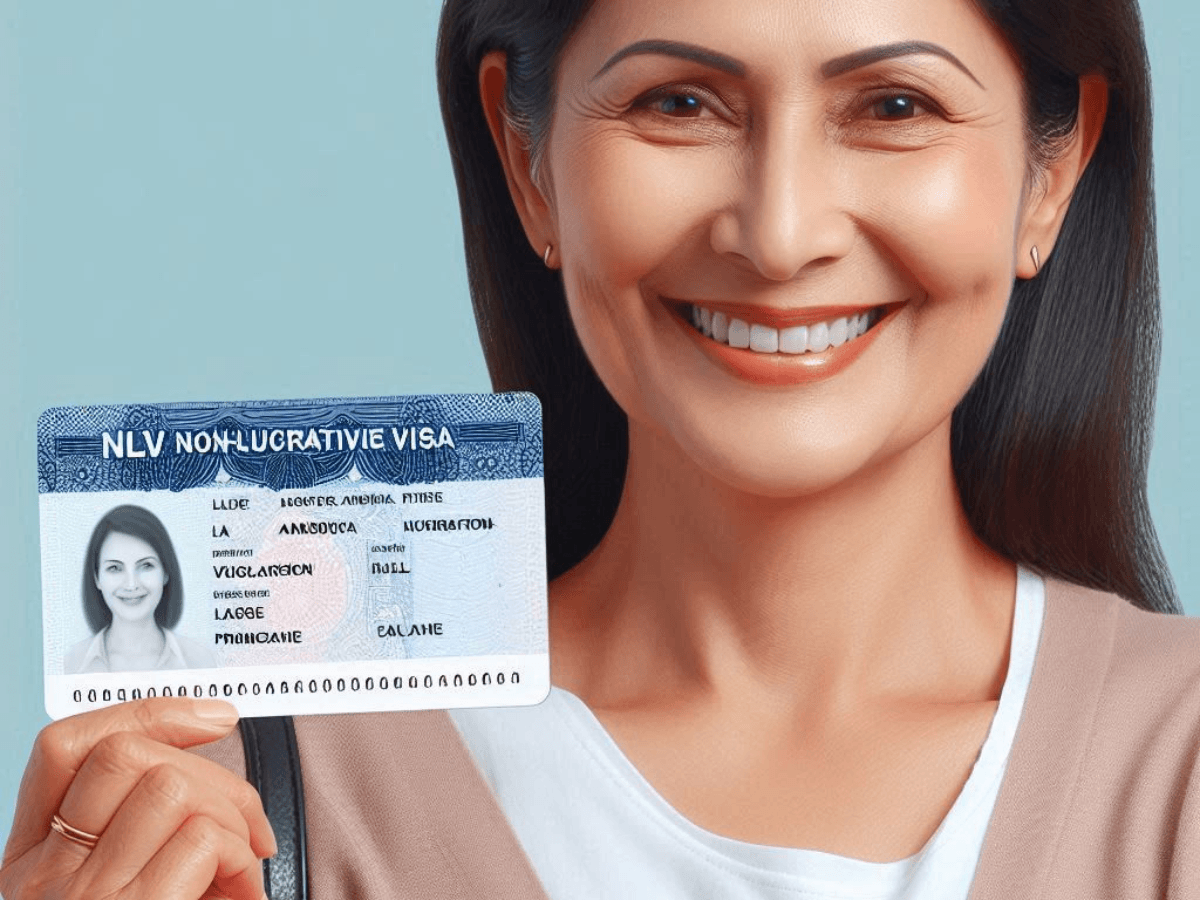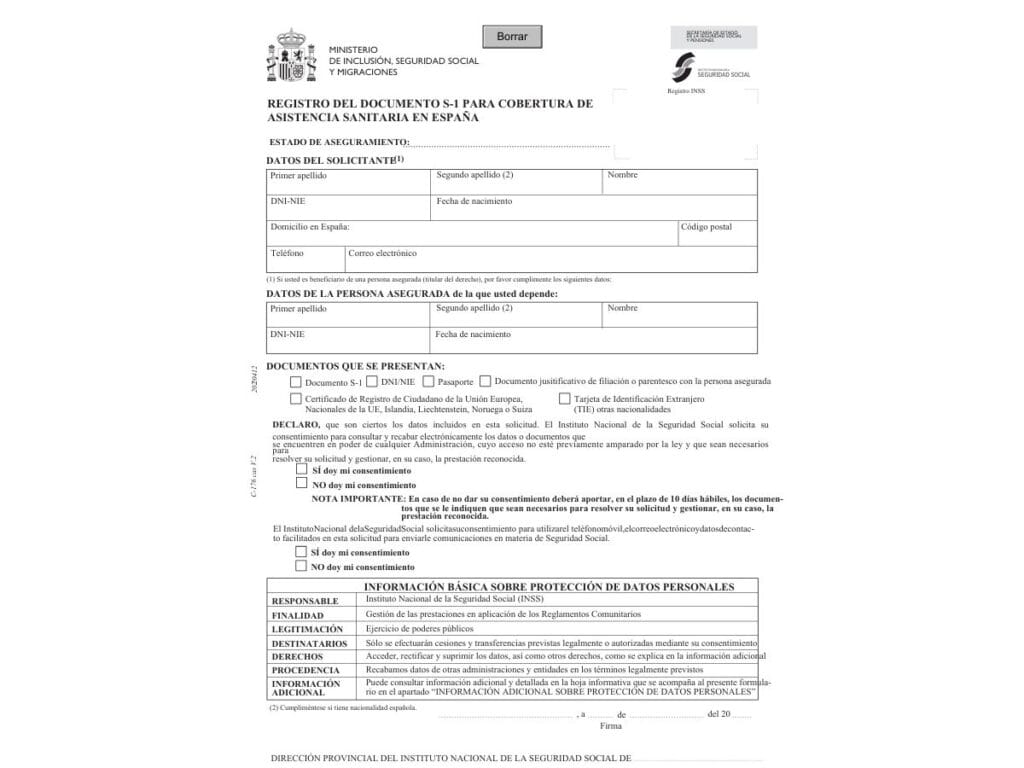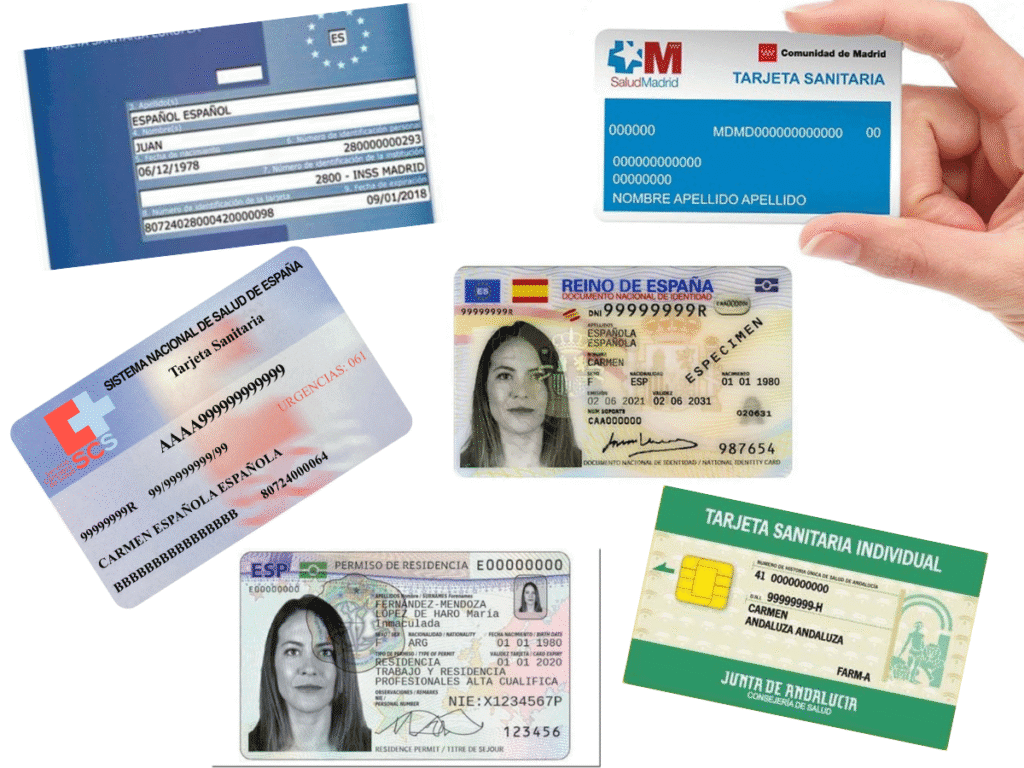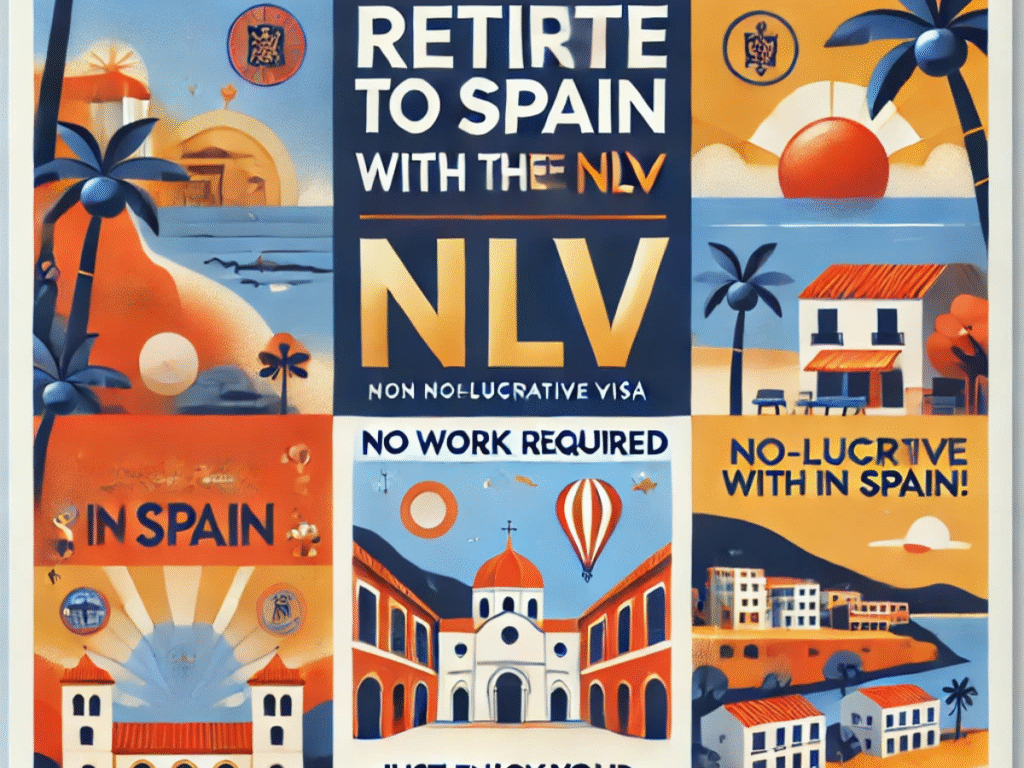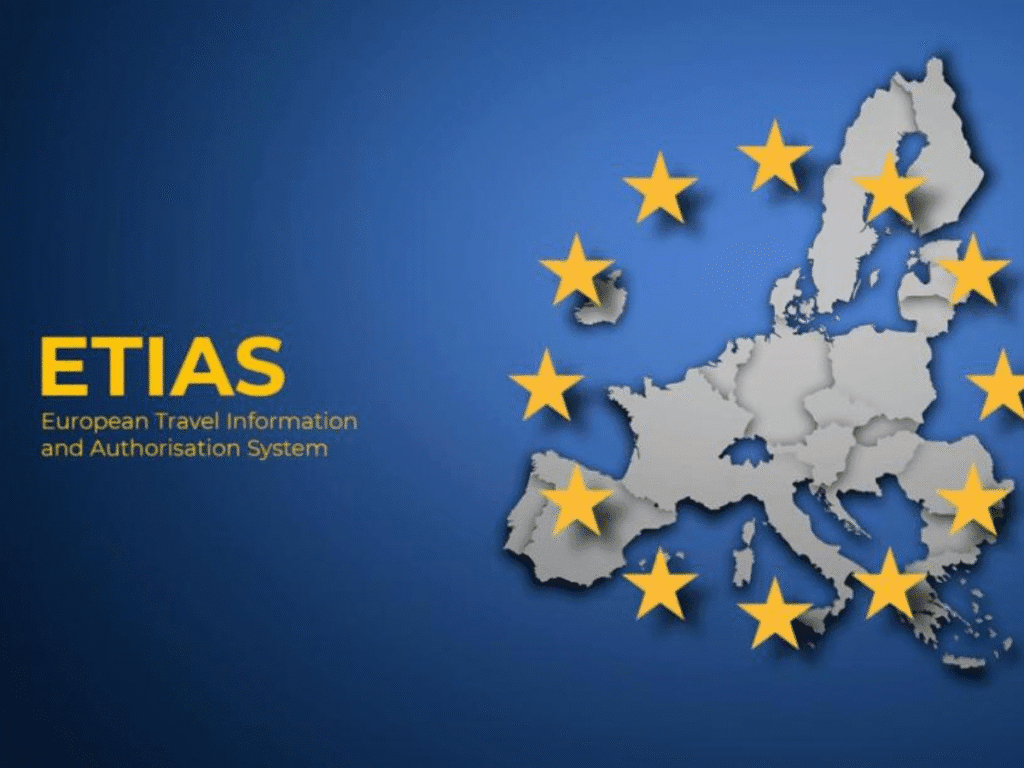Making Paperwork Easy in Your Visa Application
Here’s a breakdown of the paperwork formalities you’ll typically need for a Spanish visa (including student, non-lucrative, and digital nomad).
Glossary Paperwork
| Paperwork Step | What It Means | When It’s Needed |
|---|---|---|
| Legalisation | Official certification of a foreign public document so it’s valid in Spain. Done by the Spanish consulate or embassy in the issuing country. | Required for documents from countries not part of the Hague Apostille Convention. |
| Apostille (Hague Apostille) | A simplified form of legalisation: a stamp confirming authenticity of public documents between member countries of the Hague Convention. | Used for documents from Hague member countries (e.g., US, UK, most of EU, many others). |
| Sworn Translation (Traducción Jurada) | Certified translation into Spanish by a sworn translator recognized in Spain. | Needed for all documents not originally in Spanish. |
| Notarisation | A notary confirms the authenticity of signatures or copies. | Sometimes required before legalisation/apostille, especially for powers of attorney, contracts, or affidavits. |
| Medical Certificate | Doctor’s statement that applicant has no diseases posing a public health risk. Must be legalised/apostilled and translated if issued abroad. | Usually required for long-stay visas (student, non-lucrative, DNV). |
| Criminal Record Certificate | Proof of no serious criminal history (often for last 5 years). Must be legalised/apostilled and translated. | Required for most residence-type visas. |
👉 In practice: apostille/legalisation + sworn translation are the two main steps for foreign documents like birth certificates, marriage certificates, police clearances, and medical certificates.
Electronic Certificate: easiest way
Once you have your NIE/TIE, you can deal with Administration’s paperwork with digital certificate and other ways to identify yourself.
Any individual over 18 years of age or emancipated who possesses a valid Spanish National Identity Document (DNI) or Foreigner’s Identity Number (NIE/TIE) can obtain a digital certificate. Foreigners with an NIE must present an official document certifying its issuance and a valid identity document for the process.
📅 Visa Paperwork Timeline
Here’s a timeline checklist you can follow to prepare your Spanish visa paperwork step by step before departure (Example: Start 4 Months Before Departure):
4 Months Before Departure
- Research visa type (Student / Non-Lucrative / Digital Nomad).
- Check specific requirements of your Spanish consulate.
- Gather list of documents (passport, admission letter, proof of funds, health insurance, etc.).
- Request criminal record certificate and medical certificate (these often take the longest).
3 Months Before Departure
- Get documents notarised (if required in your country).
- Apply for apostille/legalisation of all official documents (birth, marriage, police, medical).
- Arrange for health insurance valid in Spain.
- Request admission/acceptance letter (student visa) or employment/contract proof (DNV).
2 Months Before Departure
- Send all apostilled/legalised documents for sworn translation into Spanish.
- Organise documents into sets: originals + translations + copies.
- Verify all documents are still valid (some certificates must be less than 90 days old).
- Book your consulate appointment (slots can be limited).
1 Month Before Departure
- Attend visa appointment at the Spanish consulate.
- Submit application + biometric data + pay fee.
- Keep tracking receipt.
- If approved, prepare housing arrangements in Spain.
2–3 Weeks Before Departure
- Collect visa & passport from the consulate.
- Double-check entry date requirements.
- Make extra photocopies of visa, passport, insurance, and financial documents.
Upon Arrival in Spain (within 30 days)
- Apply for TIE (Tarjeta de Identidad de Extranjero) at local immigration office or police station.
- Register your address at the local Ayuntamiento (Town Hall).
⚡ Pro tip: Some documents (e.g., criminal background checks, medical certificates) must be issued within 90 days of your visa application date — so time them carefully.
Legalisation vs. Apostille
Legalisation and Apostille
Foreign documents must be legalized or apostilled. Where it is applicable, must be submitted together with an official translation into Spanish.
To legalize foreign public documents you can do it through diplomatic channels, either abroad (by the Spanish Consular Offices abroad) or in Spain (by the Ministry for Foreign Affairs, European Union and Cooperation).
The Hague apostille is the exclusive competence of the authorities of the country issuing the document. Documents apostilled by the authorities of the issuing country do not require any additional procedure from the Consular Office, and may be presented directly in Spain.

